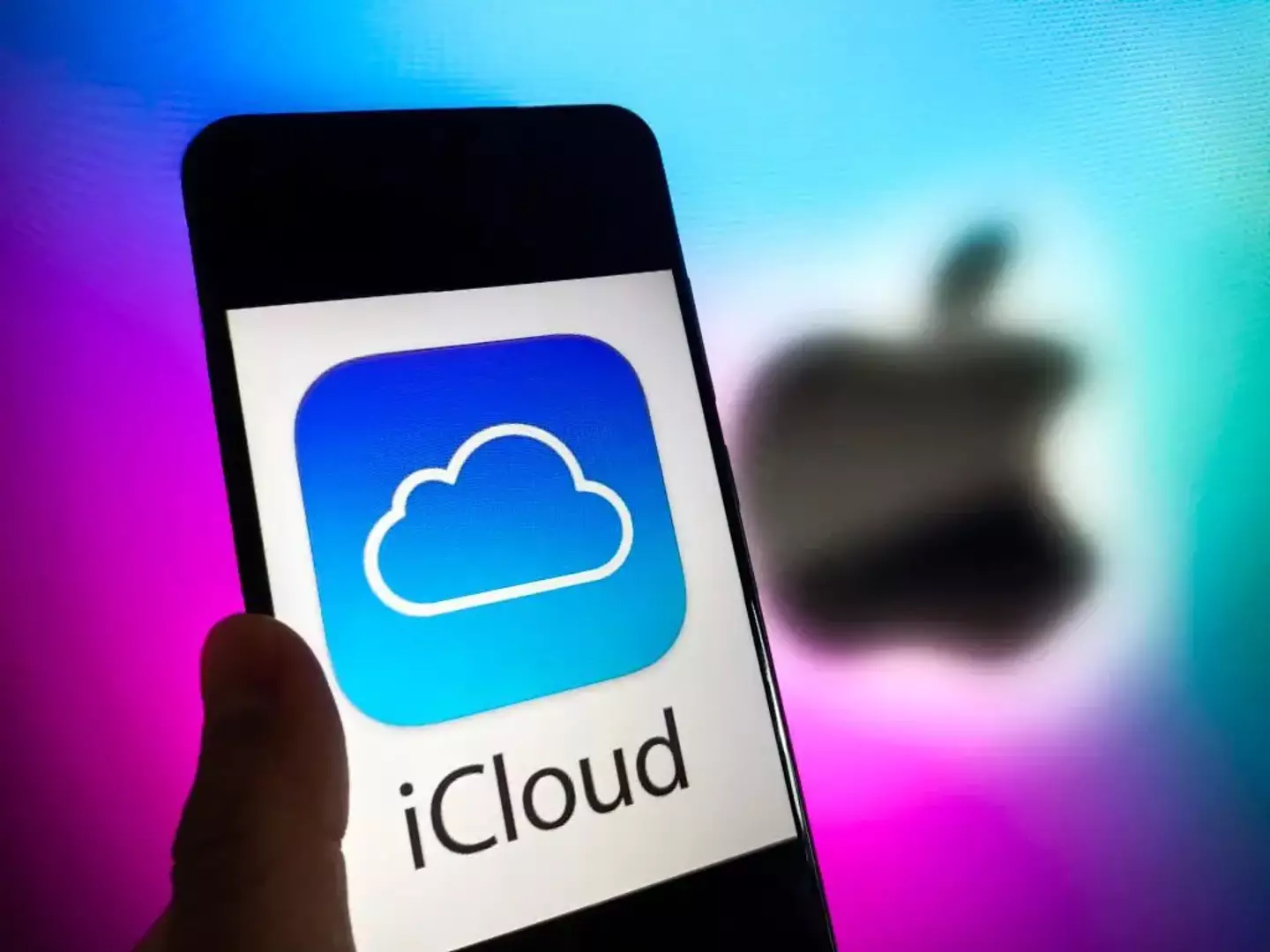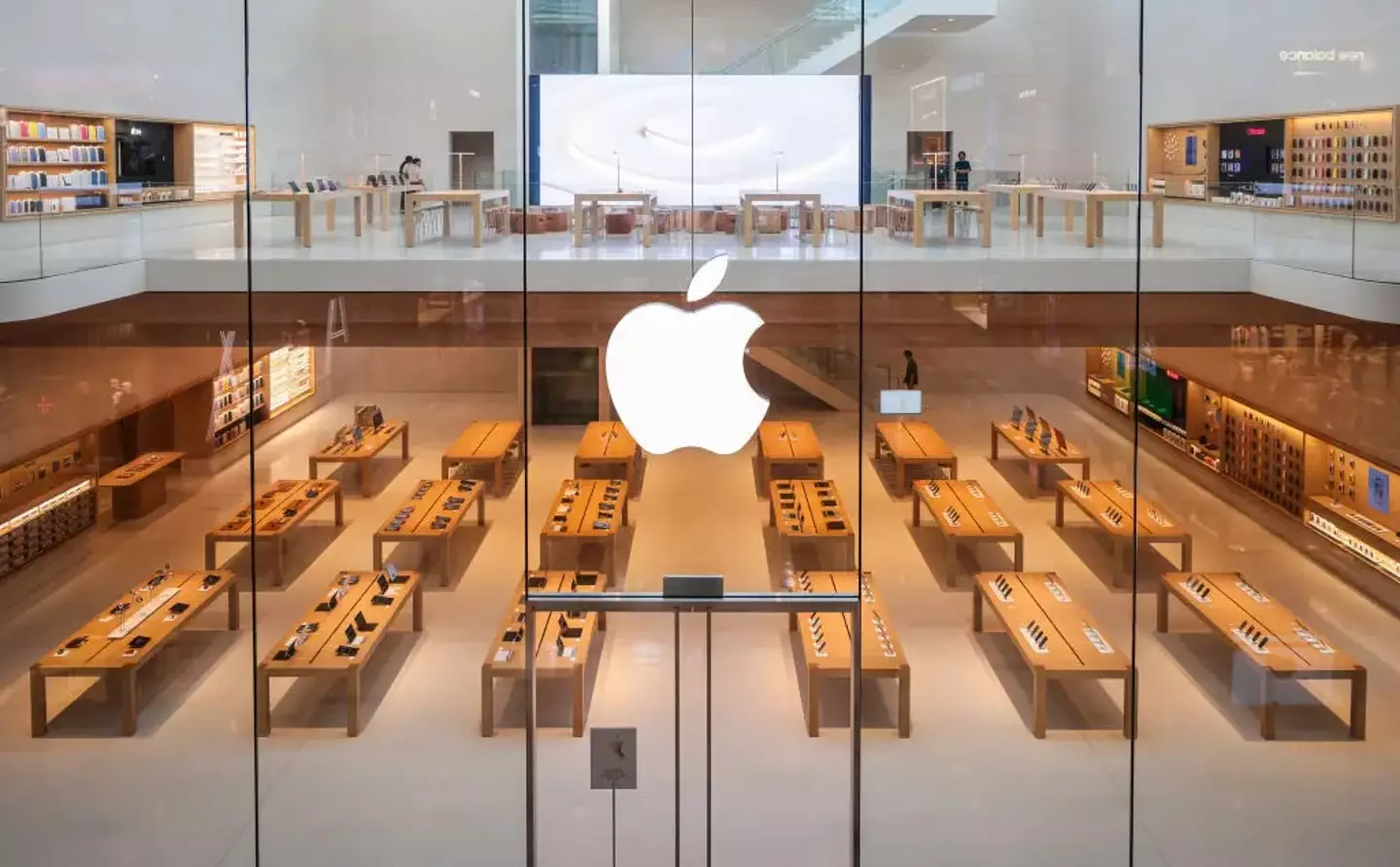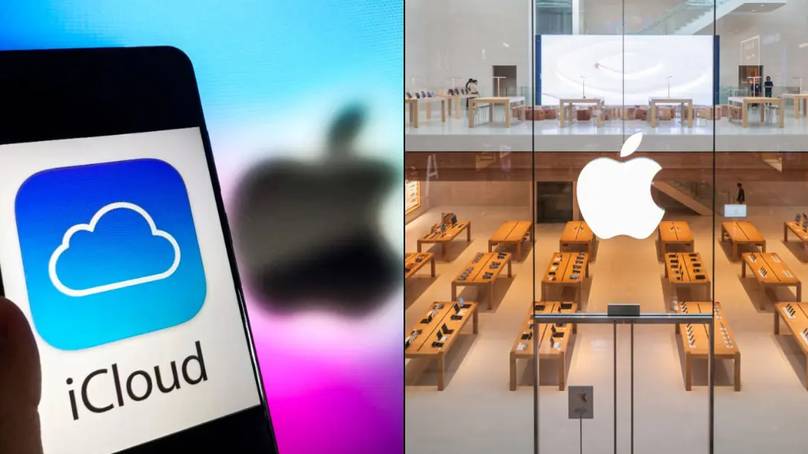“Could Your iPhone Unlock a Share of £3 Billion? The Shocking Claim Against Apple Explained!”
iPhone and iPad users across the UK, brace yourselves—there’s a storm brewing, and it could see you walking away with a slice of a staggering £3 billion pie! Yes, you read that right; the consumer advice service Which? is stepping into the ring to tackle Apple for allegedly holding its loyal fans hostage to iCloud services. Now, isn’t it a tasty twist to think that those monthly fees might someday lead to a bit of unexpected cash in your pocket? With 40 million users potentially affected, it seems there’s a common bond formed not just by the sleek design of Apple devices, but now also by collective litigation—talk about tech bringing us together! So, what exactly did Apple do to spark this legal frenzy? Let’s dive in! LEARN MORE.
There’s a chance that every iPhone and iPad owner in the UK could be in line for a payout because of a £3 billion lawsuit against Apple.
Considered to be a benefit if you have multiple Apple devices is iCloud, an online storage service they provide for a monthly fee past a certain limit of memory.
Though in an announcement yesterday (14 November), consumer advice service Which? said they would be filing a claim on behalf of the nation’s 40 million Apple consumers ‘who have obtained iCloud services over the last nine years’.
Why has a £3 billion lawsuit been filed?
Which? is claiming in its lawsuit that Apple has ‘breached UK competition law’ by ‘trapping’ iPhone and iPad users into using iCloud.
“iOS has a monopoly and is in control of Apple’s operating systems and it is incumbent on Apple not to use that dominance to gain an unfair advantage in related markets, like the cloud storage market. But that is exactly what has happened,” they argued.
The company also accused the tech giant of constantly increasing iCloud prices since 2015 and monopolising the cloud storage market.

A £3 billion lawsuit has been launched against Apple (CFOTO/Future Publishing via Getty Images)
They said that Apple isn’t willingly giving its customers other options if they’d like to opt in or out of a cloud storage system.
Which? believe ‘that individual consumers could be owed an average of £70, depending on how long they have been paying for the services during that period’.
Anabel Hoult, Which? Chief Executive, said: “We believe Apple customers are owed nearly £3 billion as a result of the tech giant forcing its iCloud services on customers and cutting off competition from rival services.
“By bringing this claim, Which? is showing big corporations like Apple that they cannot rip off UK consumers without facing repercussions.
“Taking this legal action means we can help consumers to get the redress that they are owed, deter similar behaviour in the future and create a better, more competitive market.”
How to be included in the claim?

Which? is claiming in its lawsuit that Apple has ‘breached UK competition law (Annice Lyn/Getty Images)
As an iCloud user, if you’d like to receive money on the basis that Apple are found guilty, you don’t need to do anything because ‘members of the class are automatically included in the claim unless they decide not to be’.
“The claim by Which? is being brought on an ‘opt-out’ and ‘opt-in’ basis. This means that, if consumers are eligible and live in the UK, they will automatically be included in the claim unless they tell Which? that they do not want to be,” they added.
If you do not want to be included then you need to let Which? know, and equally, if you live abroad and want to be included then make sure you inform them.
More information is available here.
What has Apple said?
“Our users are not required to use iCloud, and many rely on a wide range of third-party alternatives for data storage,” a spokesperson for Apple told LADbible.
“In addition, we work hard to make data transfer as easy as possible – whether it is to iCloud or another service.
“We reject any suggestion that our iCloud practices are anti-competitive and will rigorously defend against any legal claim otherwise.”










